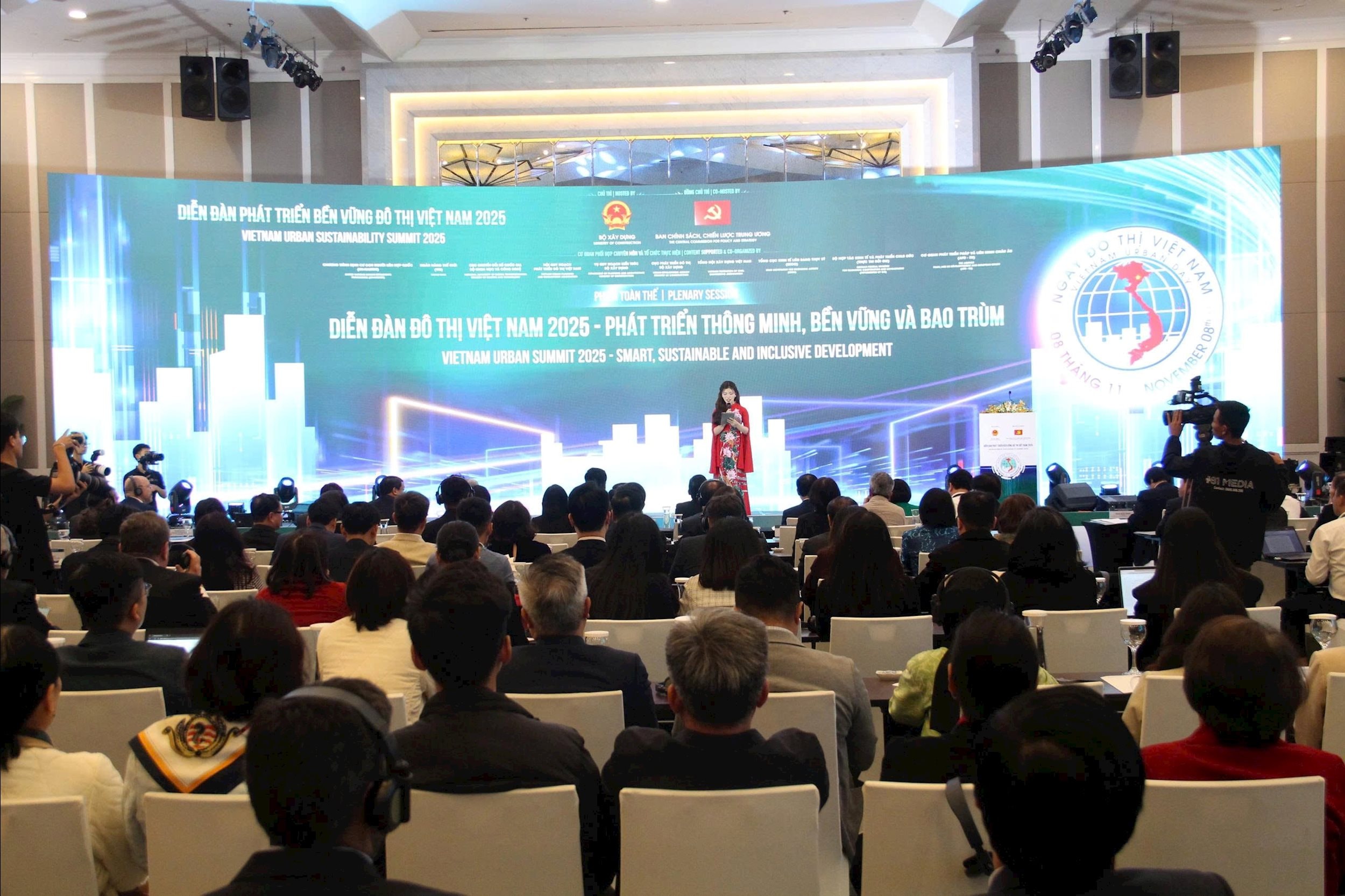
A particularly important driving force in economic development
On November 5, in Hanoi, the Ministry of Construction coordinated with the Central Policy and Strategy Committee to organize the Vietnam Urban Sustainable Development Forum 2025.
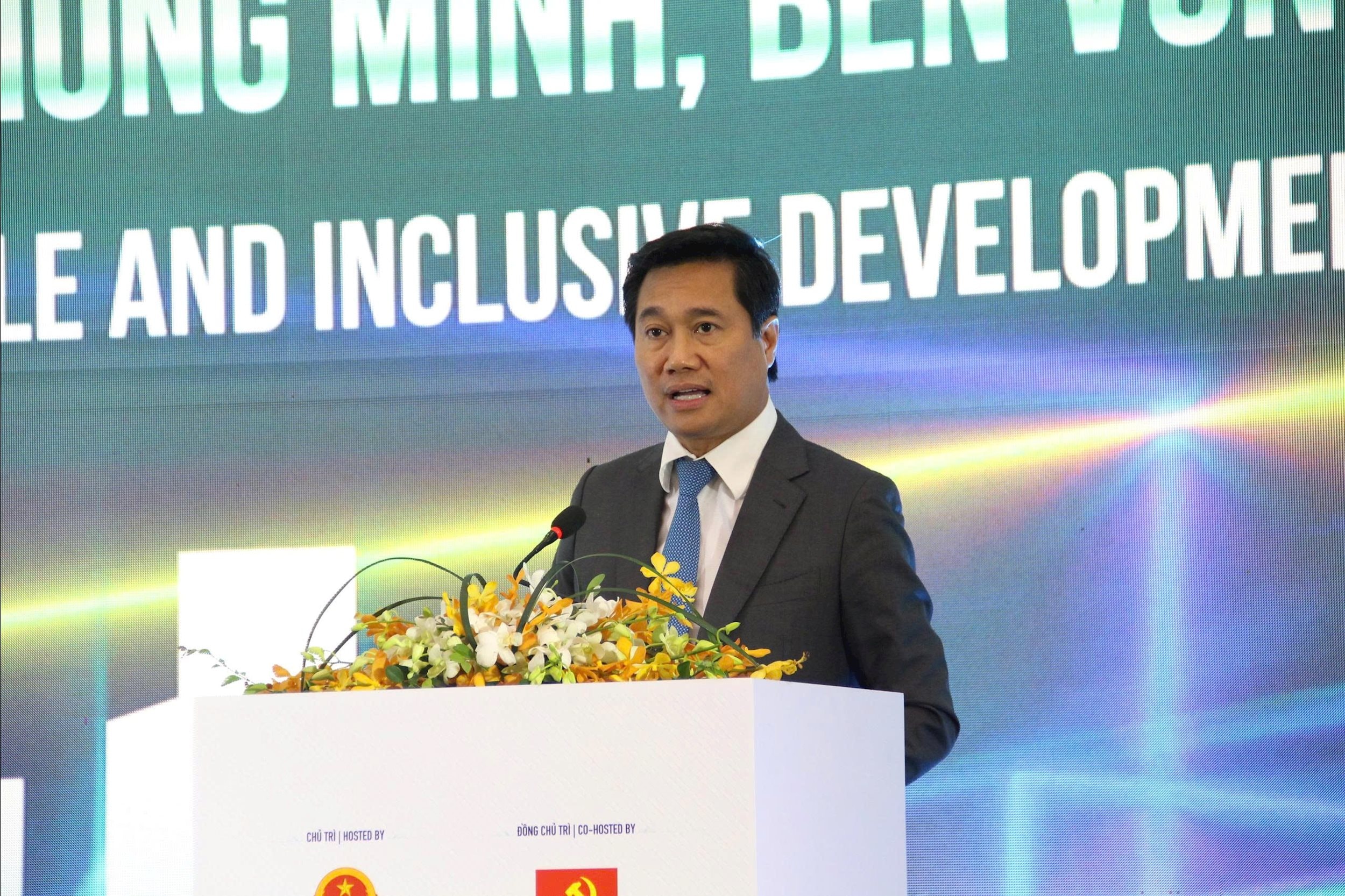
Speaking at the plenary session, Deputy Minister of Construction Nguyen Tuong Van emphasized that 2025 is of special importance as it is the final year of implementing the Resolution of the 13th National Party Congress, celebrating the 80th anniversary of National Day and the 50th anniversary of national reunification. At the same time, it is the time to deploy the model. Two-tier local government – a turning point in urban governance and development in Vietnam.
In the new context, urban development is not only a requirement for economic growth but also a strategic issue in politics , culture, society and environment. More than 3 years after the Politburo issued Resolution 06-NQ/TW on sustainable urban development and Resolution 57-NQ/TW on scientific and technological breakthroughs, the urban system of the whole country has expanded, infrastructure is more synchronized, many urban areas have transformed towards green, smart and inclusive.
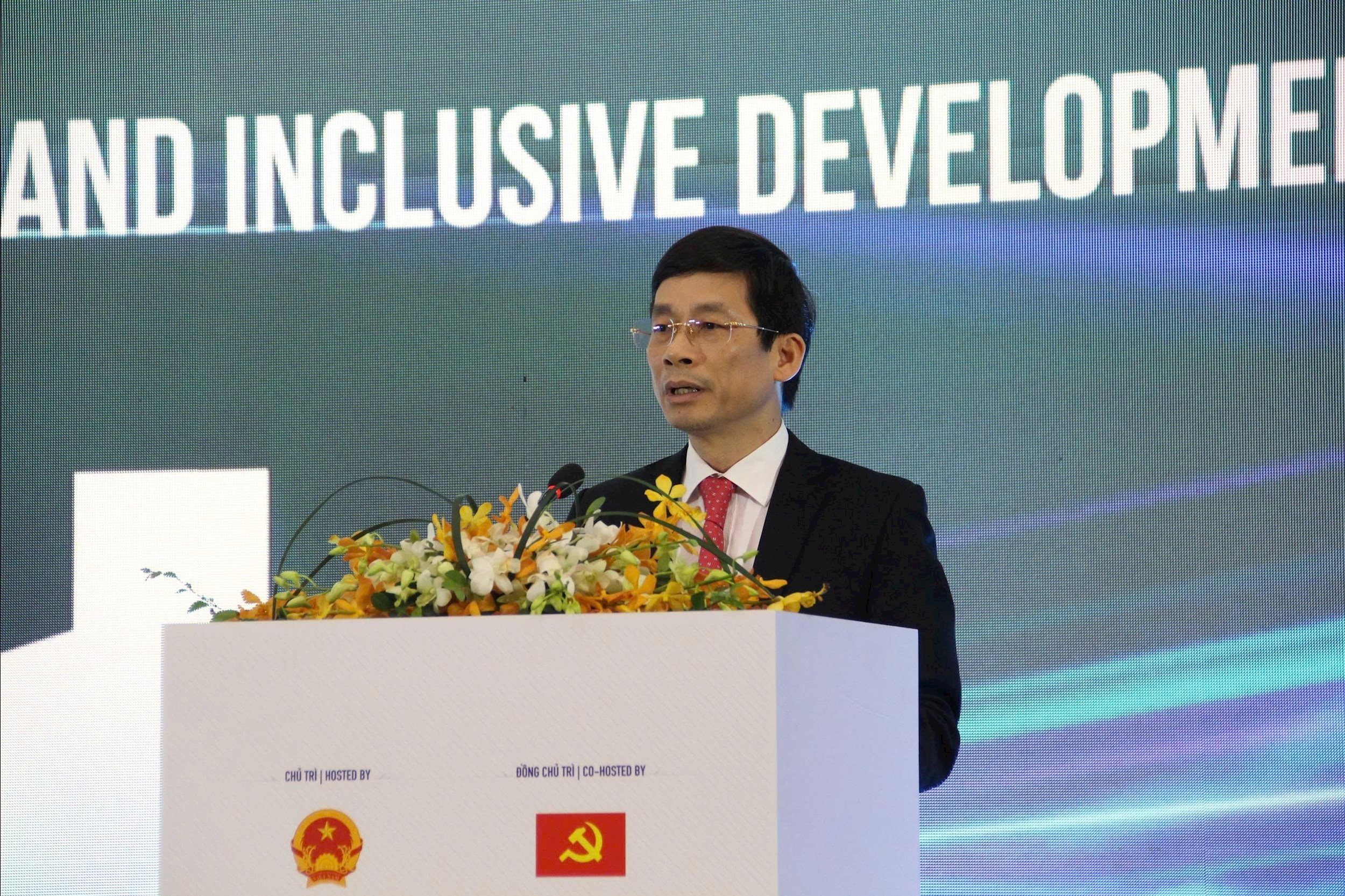
Deputy Head of the Central Policy and Strategy Committee Nguyen Duy Hung affirmed that urban areas are particularly important spaces and driving forces in socio-economic development; contributing a large proportion to national GDP, being growth poles, regional linkage hubs and international trade gateways.
After 3 years of implementing Resolution 06, all levels, sectors and localities have institutionalized the Party's policies, perfected laws, cut administrative procedures, focused on urban-rural planning, created new development space, improved infrastructure and enhanced people's quality of life.
Many modern urban areas have received synchronous investment, urban renovation and beautification work has been promoted; the real estate market and housing segment have developed more harmoniously; the project of 1 million social housing units has achieved positive results. The administrative system has been streamlined, digital transformation in urban management has progressed strongly, contributing to promoting socio-economic development, ensuring social security, protecting the environment and responding to climate change.
However, Mr. Hung also pointed out many limitations: planning is still overlapping, fragmented, and lacking connectivity; the central urban area has not yet played a leading role; the development gap between urban areas is still large. Infrastructure has not kept up with the speed of urbanization, traffic congestion, flooding, and lack of public works, schools, hospitals, wastewater and waste treatment are still common.
The phenomenon of “suspended planning” and “suspended projects” has been causing waste of resources and affecting people’s lives. The management and exploitation of underground and low-level spaces are still limited and lack an overall vision.
Environmental pollution, especially air pollution in large cities, is increasingly serious; the ability to withstand natural disasters and climate change is still weak. The severe damage caused by storms and floods in the Central region in recent times continues to pose urgent requirements for sustainable urban development and climate adaptation.
Institutional and governance innovation
By 2030, Vietnam strives to achieve an urbanization rate of about 55%, forming a synchronous national urban network, regional connectivity, and balance between regions. By 2045, Vietnam will have a modern, sustainable urban system with its own identity, internationally competitive and highly adaptable to climate change.
To achieve that goal, Director of the Department of Urban Development (Ministry of Construction) Tran Quoc Thai said that it is necessary to effectively carry out key tasks of urban development innovation. In particular, priority is given to continuing to perfect the institutions and laws on planning organization, urban management and construction in line with the Land Law, Housing Law, Planning Law, and Law on Local Government (amended).
Adjust the planning of the urban-rural system and develop and implement the national urban development program. Build a national database on urban development connected with the database of land, population, investment, infrastructure, etc. Promote international cooperation, mobilize resources and strengthen urban management capacity at all levels.
Mr. Thai emphasized: “After nearly four decades of innovation, Vietnam has entered a new era of urbanization with restructured institutions, infrastructure, and development space. The arrangement of administrative units in 2025 creates unprecedented opportunities. The current goal is not only to build urban areas but also to aim for livable, smart urban areas, responding to climate change and green growth.”
Swiss Ambassador Thomas Gass affirmed that Vietnam needs to balance between development speed and sustainability requirements, between growth and resilience.
The World Bank (WB) representative also said that the WB will always accompany Vietnam on the journey of sustainable urban development, thereby adding valuable motivation and confidence to common efforts.
With the consistent message at the Forum: "Without good planning, there can be no livable cities; and without modern governance, there can be no sustainable development", Deputy Minister of Construction Nguyen Tuong Van emphasized that in the coming time, the Ministry, together with other ministries and local branches, will continue to make efforts to perfect institutions and policies for sustainable urban development. Review and amend relevant legal documents, perfect the mechanism of decentralization - delegation of authority - supervision of two-level urban areas.
Adjust the planning of the urban-rural system and build and implement the National Urban Development Program. Clearly identify the key tasks to implement urban development to respond to climate change, urban renovation in parallel with the task of developing dynamic urban areas, ecological urban areas, and smart urban areas associated with priority development corridors.
The Ministry of Construction will take the lead in establishing a national urban database system, integrating planning, land, infrastructure, population and environmental data, connecting with other national platforms to serve unified management and smart decision-making.
In addition, promote the transformation of infrastructure investment models towards green, energy-saving and low-emission; promote international cooperation on climate adaptation, green finance and innovation.
Developing human resources and urban innovation ecosystem.
Strengthen digital capacity training for urban management staff; encourage domestic technology enterprises to participate in the smart urban value chain; build a cooperation network between government - academia - enterprises - community.
Source: https://daibieunhandan.vn/phat-trien-do-thi-thong-minh-ben-vung-va-bao-trum-can-co-che-phoi-hop-da-nganh-da-cap-va-lien-vung-10394525.html


![[Photo] Opening of the 14th Conference of the 13th Party Central Committee](https://vphoto.vietnam.vn/thumb/1200x675/vietnam/resource/IMAGE/2025/11/05/1762310995216_a5-bnd-5742-5255-jpg.webp)





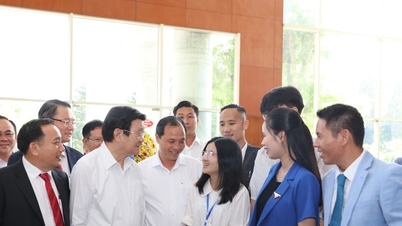

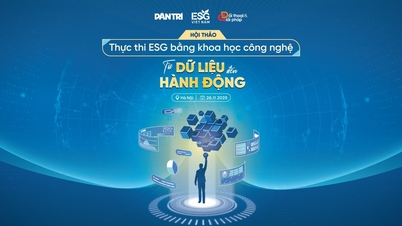



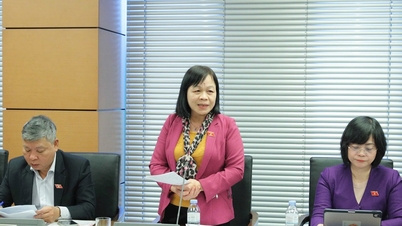
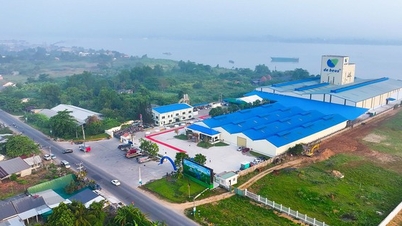



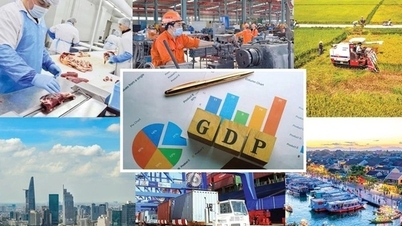




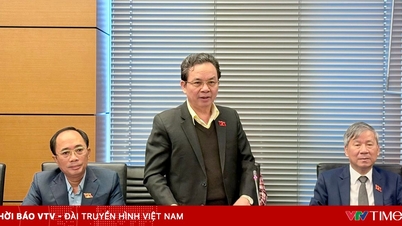






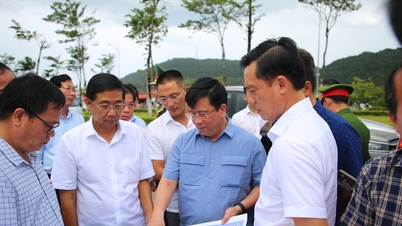
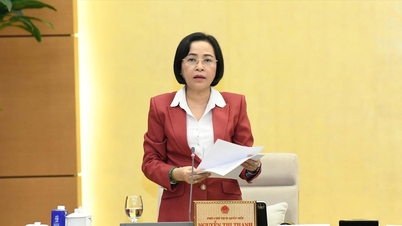
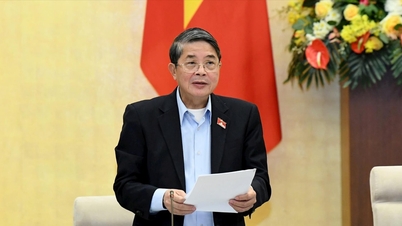
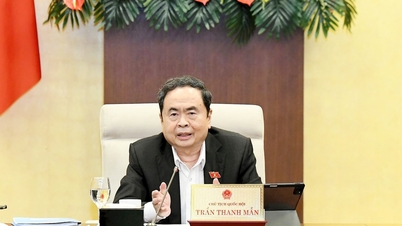

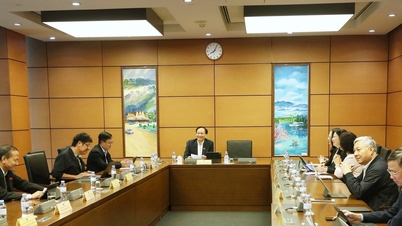
![[Photo] Panorama of the Patriotic Emulation Congress of Nhan Dan Newspaper for the period 2025-2030](https://vphoto.vietnam.vn/thumb/1200x675/vietnam/resource/IMAGE/2025/11/04/1762252775462_ndo_br_dhthiduayeuncbaond-6125-jpg.webp)





































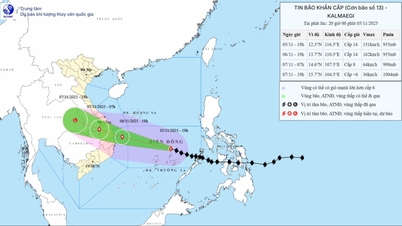













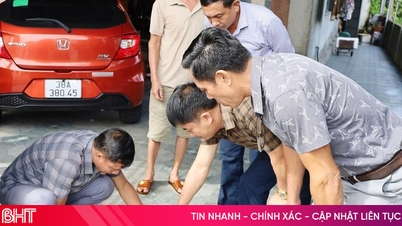



![[Motion Graphics] 5 notes when converting from lump-sum tax to declaration](https://vphoto.vietnam.vn/thumb/402x226/vietnam/resource/IMAGE/2025/11/06/1762381214740_fb_thoi-tiet-cms-1200x800-3.jpeg)

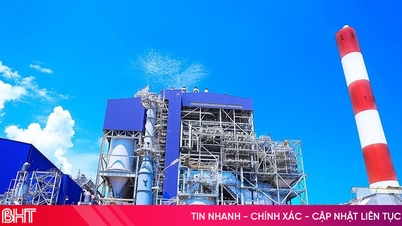
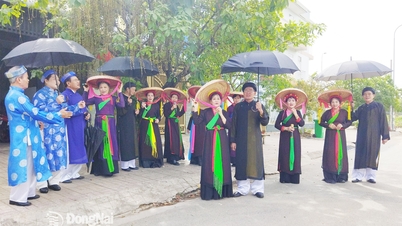















Comment (0)